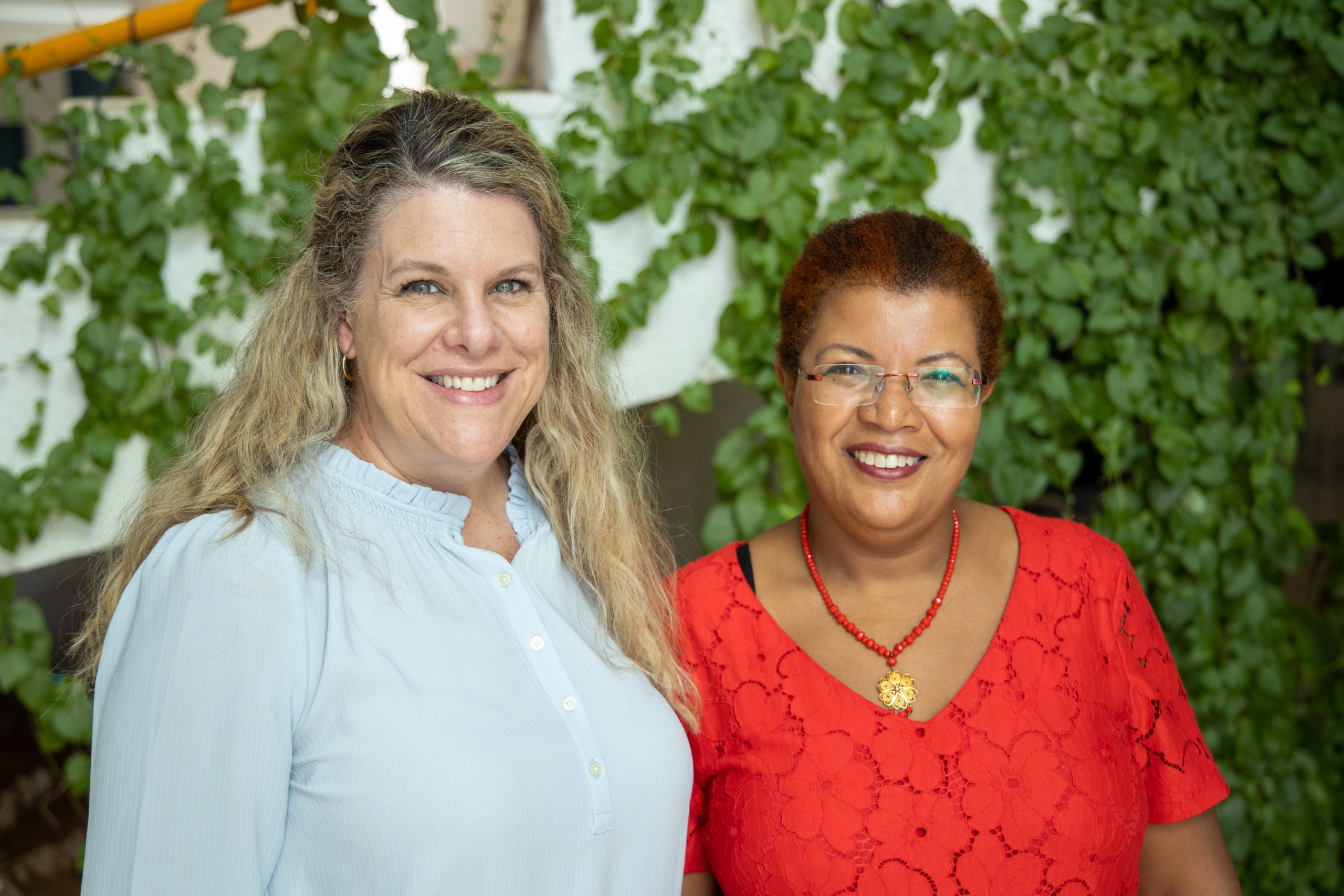Q & A with Dr. Carolyn Nielsen and Professor Hamida el-Bour

Journalists discuss changes to Tunisian journalism education following the 2011 Jasmine Revolution.
Hamida el-Bour is the director of L’Institut de Presse et des Sciences de l’Information (IPSI), and she is a titan of Tunisian journalism. She began her career as an investigative journalist, and she served for a period as the head of the Tunis-Afrique Presse (TAP) wire service. She spoke with Professor Carolyn Nielsen about the changes to Tunisian journalism education following the 2011 Jasmine Revolution.
Q: As a former journalist, what are the most significant changes you have seen in the field since the 2011 uprising?
The most significant changes are obviously the right to inform according to the professional standards and the right to criticize those who are in power without being punished. The freedom of speech and expression is the most significant change, and access to the media for all kinds of people. I have to add that the freedom of creating media houses is also very important.
Q: What do you think is most important for people in the U.S. to understand about journalism in Tunisia?
Maybe that journalism education is not different, as we have always taught our students how to be good journalists, how to do the job respecting the right to know and ethics. That the journalists have to be respectful of the principles of accuracy, balance, objectivity and the truth when making the news. They have to respect the right of people to know about the issues that are crucial for them in their everyday life. People in theU.S. have to know that we have diverse media houses and that private media is powerful and public media is also very important.
Q: What do you see as the major challenges faced by journalists in Tunisia right now?
The main challenges for the journalists are related to the sustainability of their jobs, especially the young journalists. But overall, the [challenges are] respect of ethics, combating fake news and self-regulation within the media houses.
Q: In your opinion, what are the most significant differences between the way journalists work in Tunisia versus in the U.S.?
There is not a big difference in the way of working but the main difference is related to the political and media context.
Q: What could U.S. journalists and journalism students learn from Tunisian journalists and journalism students?
They can have an intercultural discussion about the future of journalism, they can have an overview on how to be a young journalist in the context of a democratic transition
Q: What do you view as the most important qualities for journalism students as future professionals?
The most important quality is to respect the right of people to access well-checked information, and to respect the public.
Q: What do you hope the IPSI students learn during their visit to WWU?
I hope that they can have some perspectives of comparing between journalism education in Tunisia and the U.S.
